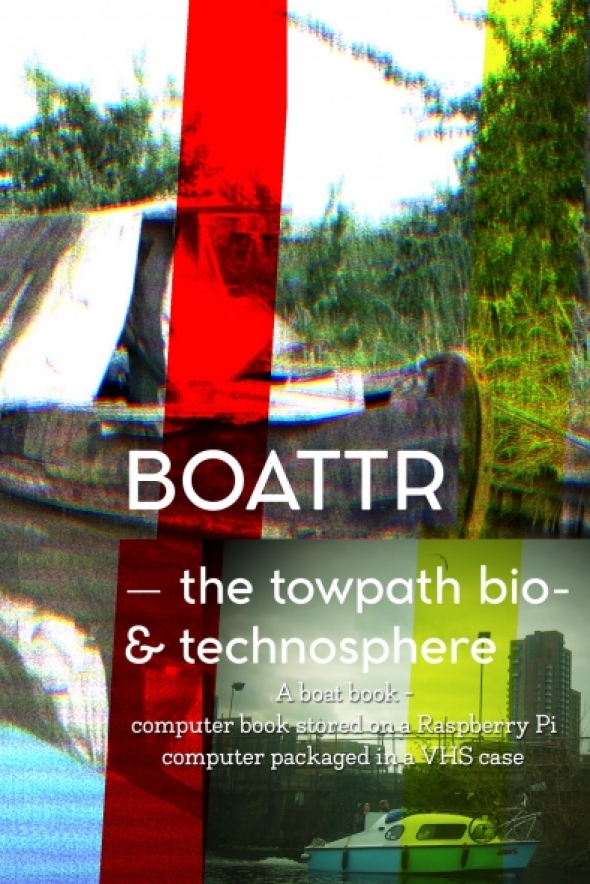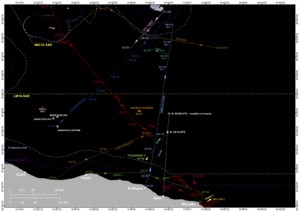The seventh Annual Conference of the School of Performing Arts (University of Malta) considers knowledge in relation to performing arts practices. More specifically, the conference aims to explore, question, and discuss the different types of ‘knowledges’ that emerge from or are involved in performing arts practices including creation, production, performance, and spectatorship.
The conference’s focus on performing arts practices—dance, theatre, and music—acknowledges an affinity with Performance Studies, which originated in American universities as a new ‘knowledge formation’ (Kirshenblatt-Gimblett 1999) with the aim to integrate performance into interdisciplinary scholarship and offer a counterbalance to the emphasis on texts and literature within cultural studies. The conference focus on practices is also strongly connected to developments originating around the same time for artistic research in the context of European higher education. The debates about artistic research have posited basic questions about the constitution of knowledge and its valorisation (Borgdorff 2012). The conditions and opportunities for artistic research in higher education continue to evolve, but many questions about its status and relevance, in connection to knowledge production in particular, remain.
The aim of Performance Knowledges is to offer an opportunity to refresh some of these discussions and debates through a focus on performing arts from the perspectives of transmission, composition, and praxis. This is a chance to include research cultures working at the borderline with the social and cognitive sciences, where the vantage point of the performing arts should provoke a robust discussion of embodied and relational forms of knowledge. It also encourages participants to rethink how in composition and transmission processes knowledge is diversified into different types, including tacit knowledge—with emphasis on process and experience (Polanyi 1958). This should include addressing the question of skill—which is so often overlooked in academic debates about the subject.
We are looking for presentations that engage with questions of varieties, generation, transmission, and implications of performance knowledges. We are looking for inter- and multidisciplinary approaches that might contribute to the analysis of ways of knowing in the performing arts, and to the scholarly study of collaborative encounters between directors, choreographers, composers, performers, designers, and spectators. We are particularly interested in alternative and diverse conceptualisations of practice-generating knowledges, as well as knowledge-generating practices,
Presentation topics might include, but are not limited to, issues and themes of performance knowledges in relation to practices, methodologies, and technologies. We welcome submissions across a number of areas that address the multifaceted understandings of knowledge as emergent in theatre, dance, and music, including but not limited to:
- the artist’s perspective on languaging and documenting practices
- embodied cognition and moving beyond dualism in the practice of the performing arts
- problematising hegemonic knowledges, implications for performing arts
- training processes and compositional strategies as intangible heritage
- practice turn in contemporary theory, communities and ecologies of practice
- habits, skills and contexts for tacit knowledge acquisition and transmission
- perspectives on and from diverse atypical modes and mixed abilities
- historical, analytical, and theoretical understandings of embodiment in the performing arts
- case studies of creators, performers, spectators, and other agents of performance
- technologisation and the impact of digitisation on performance practices
- translation, transformation and/ or appropriation of performance forms


